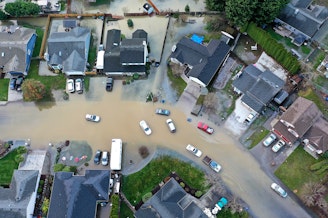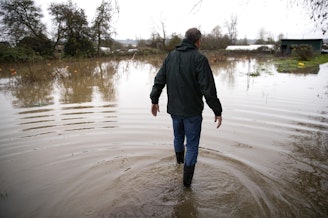Onshore winds could bring more wildfire smoke back to Seattle area

A shift in the winds over Puget Sound is coming, but that might not blow away the wildfire smoke lingering over the region.
And that’s because of fires far to the south.
“Normally when we switch to the onshore flow, when the winds start coming off the ocean and onto the land, that would clear us out,” said meteorologist Dana Felton with the National Weather Service in Seattle.
“But this is a rare case where there's a lot of smoke sitting out there over the ocean from those Oregon and California fires. So, we'll just have to see if that switch to westerly and south-westerly winds pushes that back over us."
The Washington Smoke blog posted an alert Thursday morning that the cloud of smoke was moving over southwestern Washington.
And agencies in the region extended an air quality alert through Monday morning, the weather service said in a bulletin. It said the smoke may be worse in overnight hours as calm winds allow smoke to settle.
"Unhealthy air quality means that everyone, especially sensitive groups, should limit time spent spent outdoors, avoid strenuous activities outdoors, and choose light indoor activities," the bulletin said.
The air quality in the Seattle area had been improving over Wednesday and Thursday morning, according to the Puget Sound Clean Air Agency. It went from "unhealthy for sensitive groups" to "moderate."
Felton said more scorching heat is expected Thursday, with temperatures in Seattle around 90 degrees.
“Ninety-degree-plus days in September are pretty rare,” he said. “We've been keeping records at Sea-Tac for 76 years, and there's only been 15 total September days where it's been 90 or more.”
Sponsored
But he said things should cool down late in the week, and rain could come early next week.



